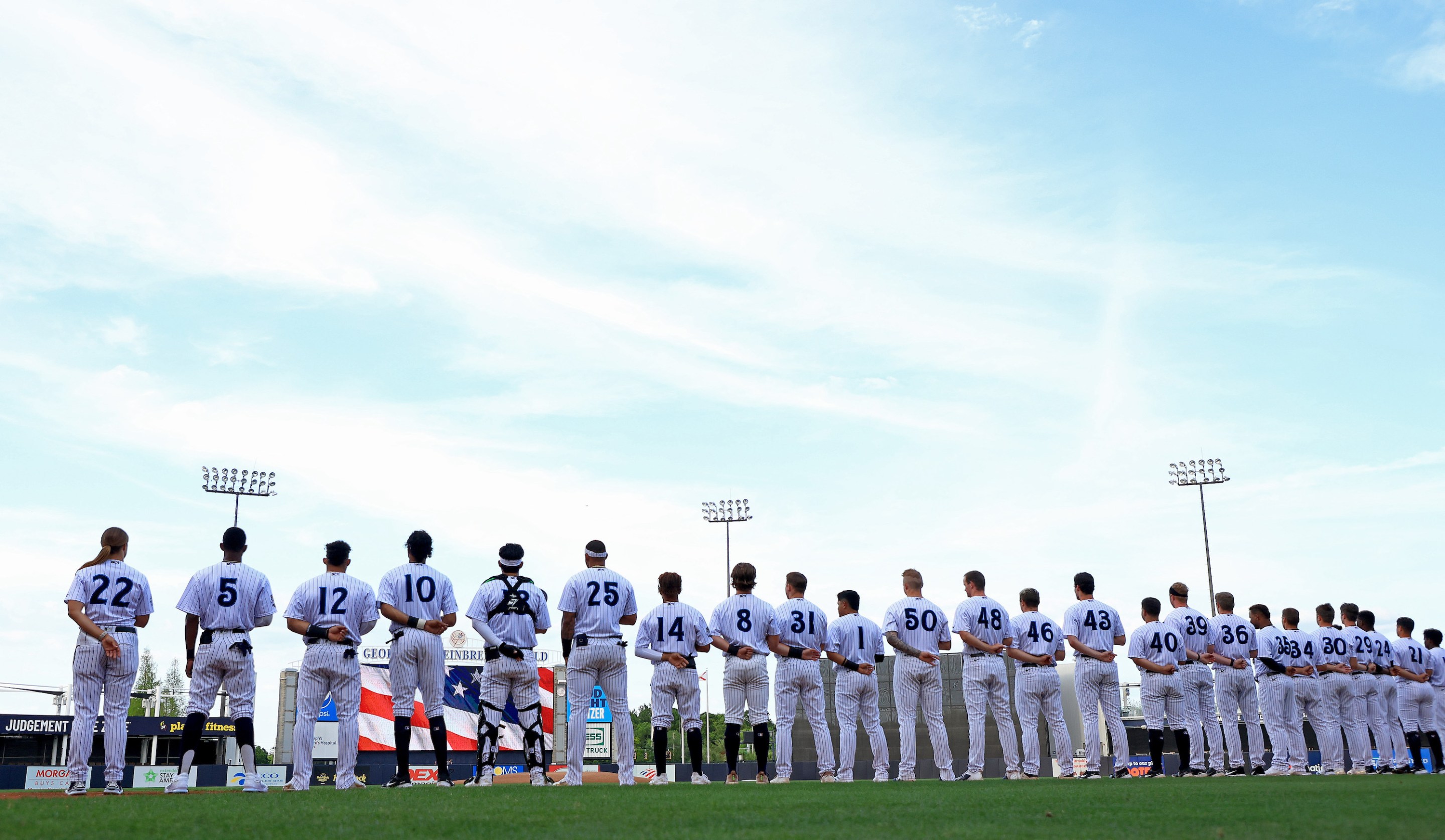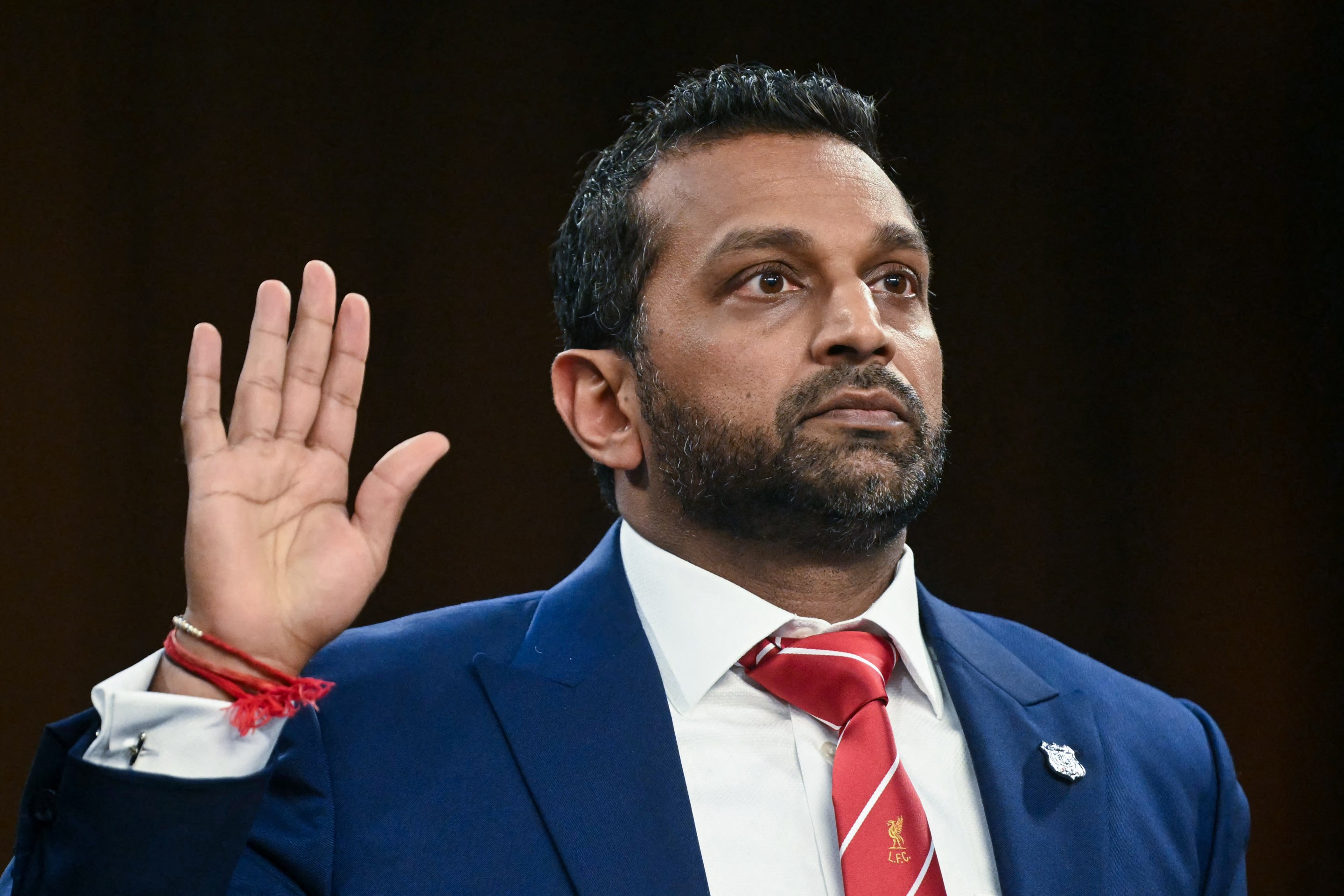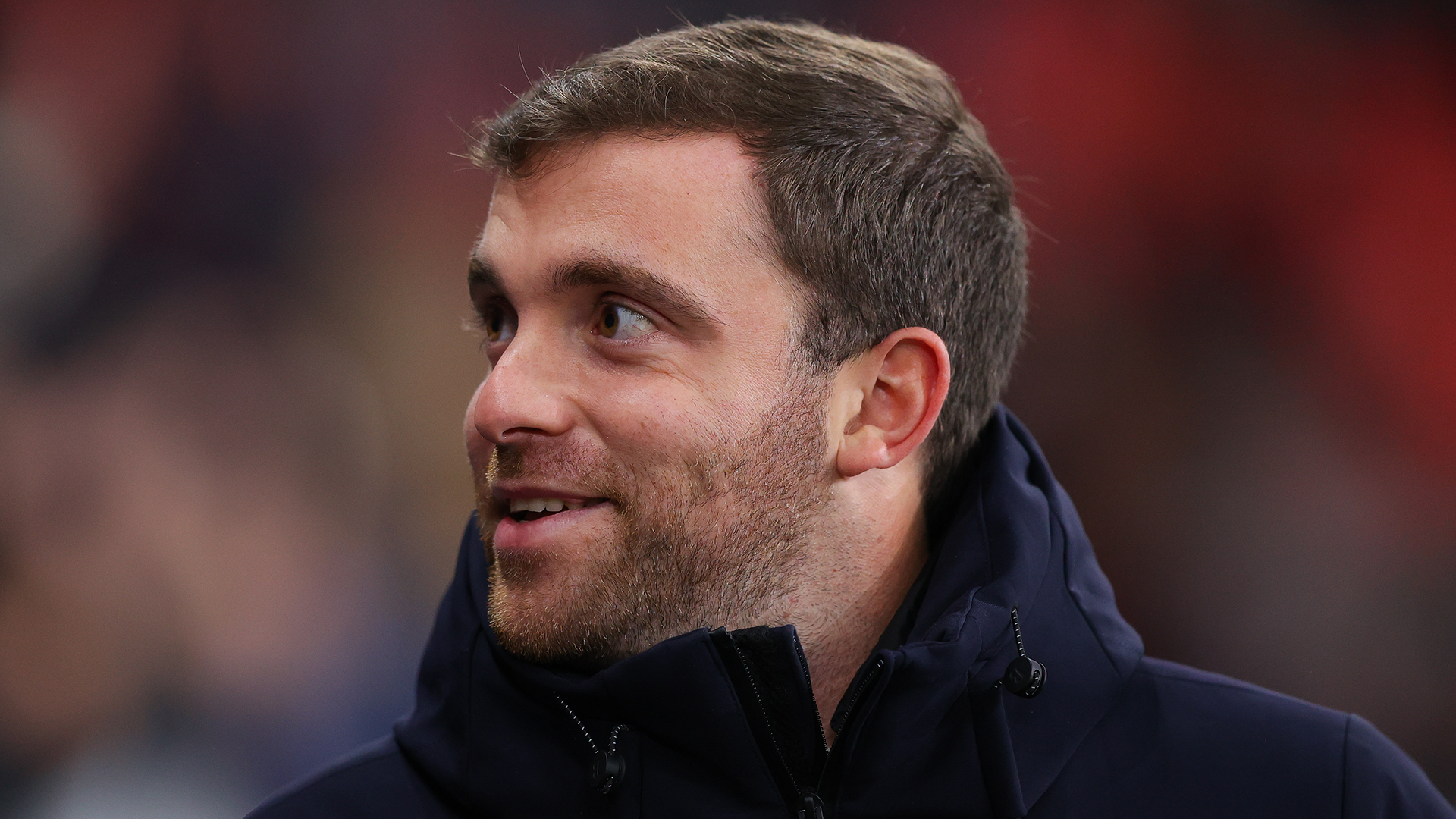Defector has partnered with Baseball Prospectus to bring you a taste of their work. They write good shit that we think you’ll like. If you do like it, we encourage you to check out their site and subscribe.
This story was originally published at Baseball Prospectus on August 31.
Monday morning, the MLBPA announced that they were launching a campaign to unionize the minor leagues. In doing so, they absorbed the leadership and staff of Advocates for Minor Leaguers; in under three years, the nonprofit successfully pushed the Overton window on minor-league conditions so far in the labor direction that this day became possible, with meaningful gains already in housing and political influence.
But minor-leaguers are still not paid a living wage, and progress on that issue has remained slow. Major League Baseball has long contended that minor-league ballplayers are nothing more than seasonal apprentices. As recently as his media availability at this year’s All-Star Game, MLB commissioner Rob Manfred “reject[ed] the premise” that “minor league players are not paid a living wage.”
In a response to an inquiry by the Senate Judiciary Committee, Manfred stated a month ago that “players who do not command larger signing bonuses generally will have very short baseball careers and transition to other careers in their early-twenties, and are truly seasonal employees who are free to obtain other employment or continue their education during the off-season.” For starters, this is not even a clearly true generality; you can find counterexamples like Tony Gonsolin and Nestor Cortes who signed for well under $100,000 and made this year’s All-Star Game.
In support of his premise that minor-leaguers are paid a living wage, Manfred offers that 58 percent of drafted players received six or seven-figure signing bonuses. He avoids that many of those players are far on the lower end of that range due to draft slotting rules. Is $125,000, after taxes and agent fees and training expenses and so on, actually enough to float a player financially through a full minor-league career? Of course not. And you’ll note that Manfred limited this to discussion of drafted players, eliding that smaller bonuses are far more common amongst international signees, who usually take longer to reach the majors and have to survive on the current starvation wages for even longer.
But even if it was true, if you accept the commissioner’s premise, so what? It’s still amoral to pay people well under a living wage in any circumstances. There’s a devious sleight of hand here, the same one politicians play when they want to amplify the edge case of those who don’t “need” the money they’re entitled to in ignoring the masses who do need it. Yes, Jack Leiter and Jackson Holliday don’t truly need a living wage; no, the fact that perhaps 10 percent of minor-leaguers have raked in truly significant money already is not actually any kind of reason to not pay the other 90 percent enough to be food secure and pay for stable offseason housing.
MLB is atop a $10 billion-plus annual industry, and teams need the minors, don’t they?
Last week, the Chicago White Sox sent nearly all of their notable prospects to Double-A Birmingham for the rest of the season. The team isn’t even pretending all of them belong there on a normal development track, but they’ve loaded up the affiliate with what AGM Chris Getz described as their “top staff,” including coordinators and roving instructors. Dubbed “Project Birmingham,” it’s an attempt to create something closer to an elite instructional league feel, building off some of the more individualized instruction that happened at the 2020 alternate site.
Could a smaller, more centralized minor-league structure emerge from all this? There’s four years left in the current MLB CBA and eight in the PDL licenses issued to the remaining minor-league teams, so contractually it’s unlikely that would happen overnight. It’s a risk with a unionization effort, but probably not much more of one than the baseline risk that MLB would implement anyway for developmental or financial considerations.

MLB has yet to release a public response to all of this. Manfred of course has spent most of his career in the league office as the in-house labor lawyer, and his tenure as commissioner is marked by the most contentious relationship between the league and the player’s union since the 1994 strike. Given the league’s insistence on hardline anchoring throughout last offseason’s CBA negotiations, it’s not hard to imagine them digging in their heels once more and trying every trick out of the Littler Mendelson playbook to drag this out into the next CBA period. But that might make for an uncomfortable trip in front of the Judiciary Committee in a few months, and the price for losing their antitrust exemption far outstrips just paying minor leaguers enough so they don’t have to substitute teach, or bar back, or help their friend castrate their bulls in the offseason. It’s the right thing to do from an ethical and player development standpoint, but ultimately financial and political pressure will be the real key to expediting this process.
Whatever union might emerge from this effort from the combined forces of the MLBPA, Minor League Advocates, and whichever players opt for representation must be one that is truly representative of the minor-league player population. That’s easier said than done, because the interests of 17-year-old recent international signees can differ significantly from those of big-bonus American-born draft picks and those interests can differ significantly from long-time high-minors veterans—and each must be represented as vigorously as the other. And that’s before factoring in the relationship between the minor league bargaining unit and the major league bargaining unit.
These are challenging scenarios, but necessary ones. If it all succeeds—if MLBPA can form a more perfect union covering the entirety of affiliated baseball, one that includes a representative minor-league bargaining unit—the sport of baseball will be so much better off for it.






